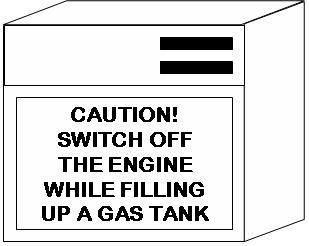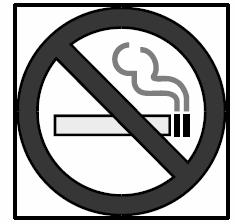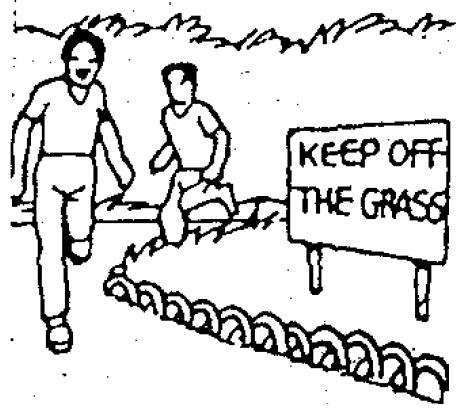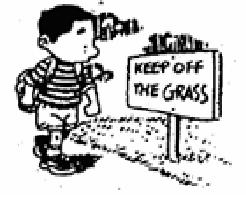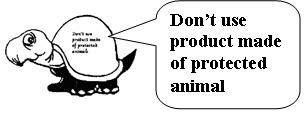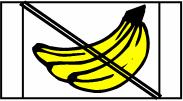Conditional Sentences are also known as Conditional Clauses or If
Clauses. They are used to express that the action in the main clause
(without
if) can only take place if a certain condition (in the clause with
if) is fulfilled. There are three types of Conditional Sentences.
1. CONDITIONAL SENTENCES TYPE 1
if + Simple Present, will-Future
Example:
If I find her address, I will send her an invitation.
The main clause can also be at the beginning of the sentence. In this case, don't use a comma.
Example:
I will send her an invitation if I find her address.
Note: Main clause and / or if clause might be negative. See
Simple Present and
will-Future on how to form negative sentences.
Example:
If I don’t see him this afternoon, I will phone him in the evening.
Conditional Sentences Type I refer to the future. An action in the
future will only happen if a certain condition is fulfilled by that
time. We don't know for sure whether the condition actually will be
fulfilled or not, but the conditions seems rather realistic – so we
think it is likely to happen.
Example:
If I find her address, I’ll send her an invitation.
I want to send an invitation to a friend. I just have to find her address. I am quite sure, however, that I will find it.
Example: If John has the money, he will buy a Ferrari.
I know John very well and I know that he earns a lot
of money and that he loves Ferraris. So I think it is very likely that
sooner or later he will have the money to buy a Ferrari.
2. CONDITIONAL SENTENCES TYPE 2
if + Simple Past, main clause with Conditional I (= would + Infinitive)
Example: If I found her address, I would send her an invitation.
The main clause can also be at the beginning of the sentence. In this case, don't use a comma.
Example:
I would send her an invitation if I found her address.
Note: Main clause and / or if clause might be negative. See
Simple Past and
Conditional I on how to form negative sentences.
Example:
If I had a lot of money, I wouldn’t stay here.
In IF Clauses Type II, we usually use ‚were‘ – even if the pronoun is
I,
he,
she or
it –.
Example:
If I were you, I would not do this.
Conditional Sentences Type II refer to situations in the present. An
action could happen if the present situation were different. I don't
really expect the situation to change, however. I just imagine „what would happen if …“
Example: If I found her address, I would send her an invitation.
I would like to send an invitation to a friend. I
have looked everywhere for her address, but I cannot find it. So now I
think it is rather unlikely that I will eventually find her address.
Example: If John had the money, he would buy a Ferrari.
I know John very well and I know that he doesn't
have much money, but he loves Ferraris. He would like to own a Ferrari
(in his dreams). But I think it is very unlikely that he will have the
money to buy one in the near future.
3. CONDITIONAL SENTENCES TYPE 3
if + Past Perfect, main clause with Conditional II
Example: If I had found her address, I would have sent her an invitation.
The main clause can also be at the beginning of the sentence. In this case, don't use a comma.
Example: I would have sent her an invitation if I had found her address.
Note: Main clause and / or if clause might be negative. See
Past Perfect and
Conditional II on how to form negative sentences.
Example: If I hadn’t studied, I wouldn’t have passed my exams.
Conditional Sentences Type III refer to situations in the past. An
action could have happened in the past if a certain condition had been
fulfilled. Things were different then, however. We just imagine, what
would have happened if the situation had been fulfilled.
Example: If I had found her address, I would have sent her an invitation.
Sometime in the past, I wanted to send an invitation
to a friend. I didn't find her address, however. So in the end I didn't
send her an invitation.
Example: If John had had the money, he would have bought a Ferrari.
I knew John very well and I know that he never had
much money, but he loved Ferraris. He would have loved to own a Ferrari,
but he never had the money to buy one.
